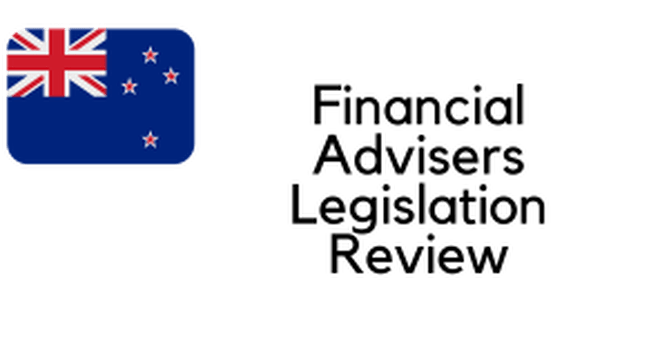The four main Australian banks and AMP are significant providers of financial services in New Zealand. They have the vertically integrated organisations that exist in Australia (selling their own products and clipping the ticket at each stage). They also have incentive programmes for employees to sell products and KPI’s for them to retain their jobs based on the products and services sold.
The Financial Markets Authority (the New Zealand regulator) and the Reserve Bank of New Zealand have jointly issued a letter to the banks requiring confirmation that the misconduct uncovered in Australia does not exist in New Zealand. The deadline for written responses is May 18th 2018. They have advised that they are communicating with AMP separately.
Letter sent by the FMA/Reserve Bank of New Zealand – read it here.
There have been a number of comments from these organisations stating that ‘things are different in New Zealand’.
While we agree that the situation in New Zealand is simpler, right now we don’t have the volume of funds in KiwiSaver and the complicated legal and tax superannuation environment and ownership structures of financial advice businesses that appear to have created this culture in Australia.
In New Zealand we don’t have a wide variety of investment platforms, our investment platform fees and our management fees are a lot lower, and combined with the different tax and legal environments, it appears that there is less opportunity for the Australian types of behaviours to exist here.
However, along with our colleagues, we have seen examples of ‘selling to achieve targets and KPI’s’, which aren’t always in the best interests of the client.
The standard of behaviour for us at Moneyworks (as we are Authorised Financial Advisers) is the same as that for the large organisations (which are QFE’s – Qualifying Financial Entities). That is:
Code Standard One
The minimum standard of ethical behaviour is that the adviser must ‘place the interests of the client first, and must act with integrity. These obligations are paramount.’
Along with our colleagues, we regularly question whether this message has filtered down from the senior managers at the large organisations, when we see the following types of behaviour:
- Being recommended to move your KiwiSaver to them so that ‘you can see it on your internet banking’, with no consideration given to the relative track record, fees, whether you have any other employee benefits linked (insurance, fee discounts), what risk profile you are in.
- Being told that you have to move your life insurance, house insurance, KiwiSaver to a bank before they will give you a mortgage, with no analysis of the quality of the product. We have seen examples where the client is worse off with more expensive solutions and not as extensive cover.
- Being told that you will get a reduced mortgage rate if you move your insurance, KiwiSaver. If you are a good credit risk, you should be offered discounted interest rates regardless of whether you move your product to that institution.
Review of the Financial Adviser Legislation
We are nearly at the end of a long process of submissions to change the regulations and legislations that the financial advice industry operates under. Despite a number of advisers we know (and ourselves) spending a lot of time on our submissions during the consultation period. The clear indications are that the new regulations will replicate the structures in Australia.
It will be interesting to see if these developments in Australia will have any impact on the final shape of the legislation and environment that we operate under, but we are certain that ‘the pursuit of mammon’ by the large institutions will not abate quickly.
We have provided you with more information on the Australian Financial Services Royal Commission and how it has affected Moneyworks in these blog posts.
The Financial Services Royal Commission in Australia
Quota’s, incentives, and Moneyworks withdrawal from offering mortgage advice
If you have any thoughts or opinions that you would like to share, visit us at our Twitter, Facebook or Linked In pages, and comment.
By Carey Church






